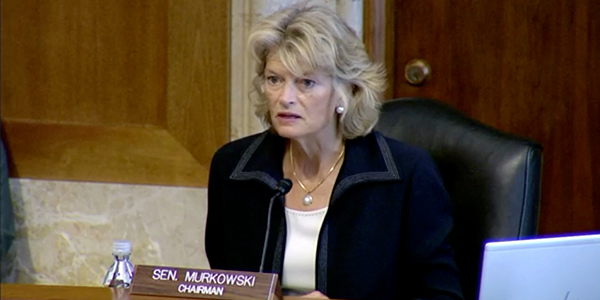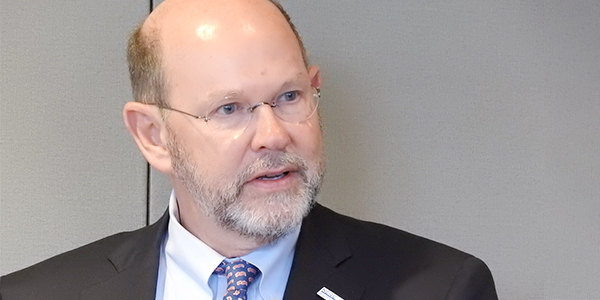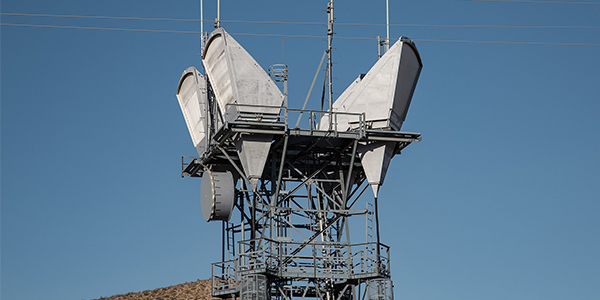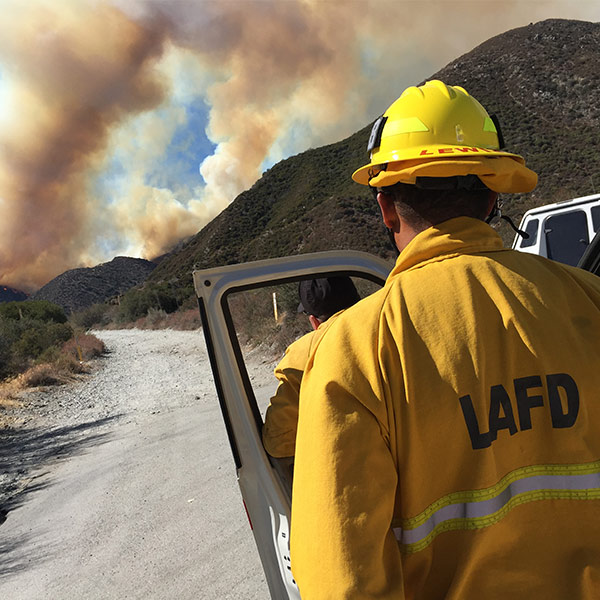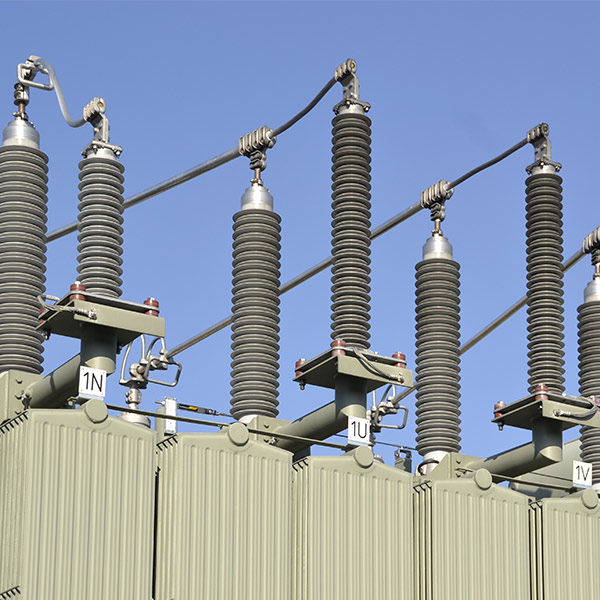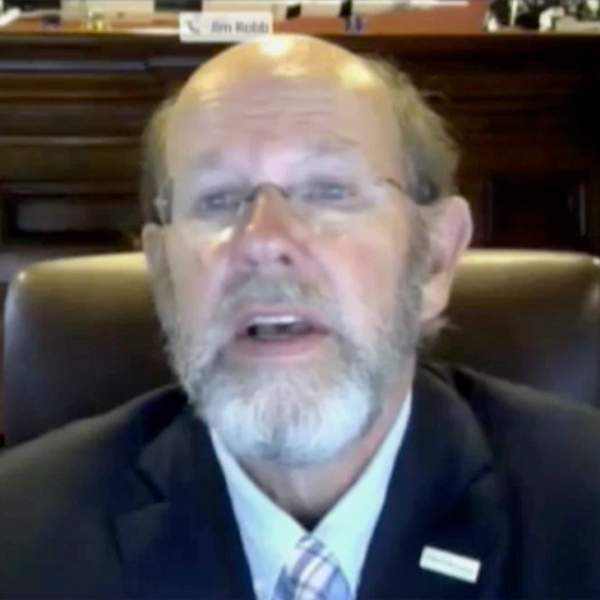FERC & Federal
The Federal Energy Regulatory Commission is an independent regulatory agency that oversees the transmission of electricity, natural gas and oil in interstate commerce, as well as regulating hydroelectric dams and natural gas facilities.
Comments on FERC’s proposals for encouraging cybersecurity investments reveal widespread misgivings about the commission’s framework.
Expressing concern over the bulk power system’s preparedness for a cyberattack, members of a Senate energy panel grilled PJM and DOE officials.
FERC and NERC published a white paper on ways utilities can identify the manufacturers of equipment used in their computer networks.
Industry needs to improve its ties to state officials, maintain vigilance on cybersecurity, and develop plans to operate control rooms remotely, NERC CEO Jim Robb said.
NISA and CISA are warning critical infrastructure facilities to “take immediate actions” to secure operational technology assets against cyber threats.
Utilities asked the D.C. Circuit Court of Appeals to overturn the FCC’s ruling opening a portion of the 6-GHz band for unlicensed use.
FERC proposed adopting the latest updates to the North American Energy Standards Board’s Standards for Business Practices and Communication Protocols for Public Utilities.
FERC approved NERC reliability standard PRC-024-3, capping a two-year effort to ensure that inverter-based resources can continue to support grid stability.
NERC issued its second Level 2 alert of the year to gather data on the BPS’ exposure to “foreign adversaries” in response to an executive order.
Participants in the first panel of FERC’s two-day technical conference on the impacts of COVID-19 struck a hopeful tone, but also said caution is needed.
Want more? Advanced Search

